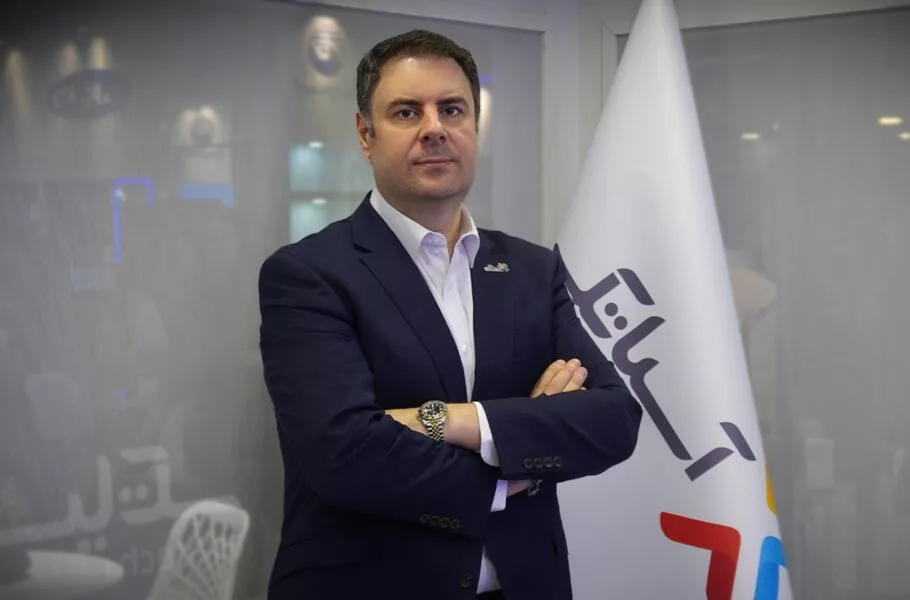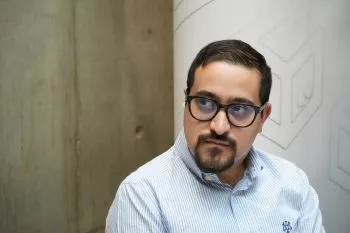
AsiaTech CEO Calls for Fair SWAP Project Framework
AsiaTech CEO warns SWAP project risks monopoly without fair collaboration.
AsiaTech CEO Mohammad Ali Yousefi-Zadeh has expressed concerns over the SWAP project, warning that without a proper win-win cooperation framework between UNSP operators and the Telecommunications Company, network ownership could become monopolized. He emphasized the need for transparent collaboration to avoid reducing competition in Iran's fixed-line communications market.
Iran’s Fiber Optic Mega-Project
The Telecommunications Company plans to replace its copper cable network with fiber optics, calling it a 'national mega-project' under the Ministry of ICT. The project requires a $5 billion investment and aims to complete 60% of its goals by 2028.
Mohammad Jafarpoor, the company’s CEO and government board representative, stated that fiber optics will replace copper networks in provincial centers by September next year. Despite these ambitions, other operators have expressed reservations about the project's implications for their business models.
Challenges for Smaller Operators
UNSP operators rely heavily on ADSL subscribers who depend on the Telecommunications Company's copper network. Many operators have invested in developing fiber optic networks over recent years but fear losing market opportunities as SWAP moves forward. AsiaTech’s CEO stressed that existing private-sector investments must be protected to ensure fair competition and market growth.
AsiaTech’s Call for Collaboration
Yousefi-Zadeh outlined AsiaTech’s significant contributions to Iran's fiber optic infrastructure, noting expansions in 80 cities and services for over one million households. He argued that proper collaboration in SWAP could drive a national leap forward in fiber optic development. However, he warned that unilateral control by Telecommunications would discourage investment and hinder progress.
AsiaTech proposes a hybrid cooperation model, combining technical and economic partnerships while ensuring operators retain customers and maintain independent network development. Yousefi-Zadeh stated, “Unity is a better solution than confrontation.”
Regulatory Role in Shaping the Future
The Ministry of ICT recently announced new guidelines for SWAP implementation. While Yousefi-Zadeh called these efforts positive, he deemed them insufficient. He urged regulators to define a clear economic model addressing private sector investments, subscriber rights, and equitable collaboration.
He emphasized that balancing national ownership and private sector participation could accelerate fiber optic development. It would also improve service quality, stabilize pricing, and serve as a model for managing infrastructure projects.












